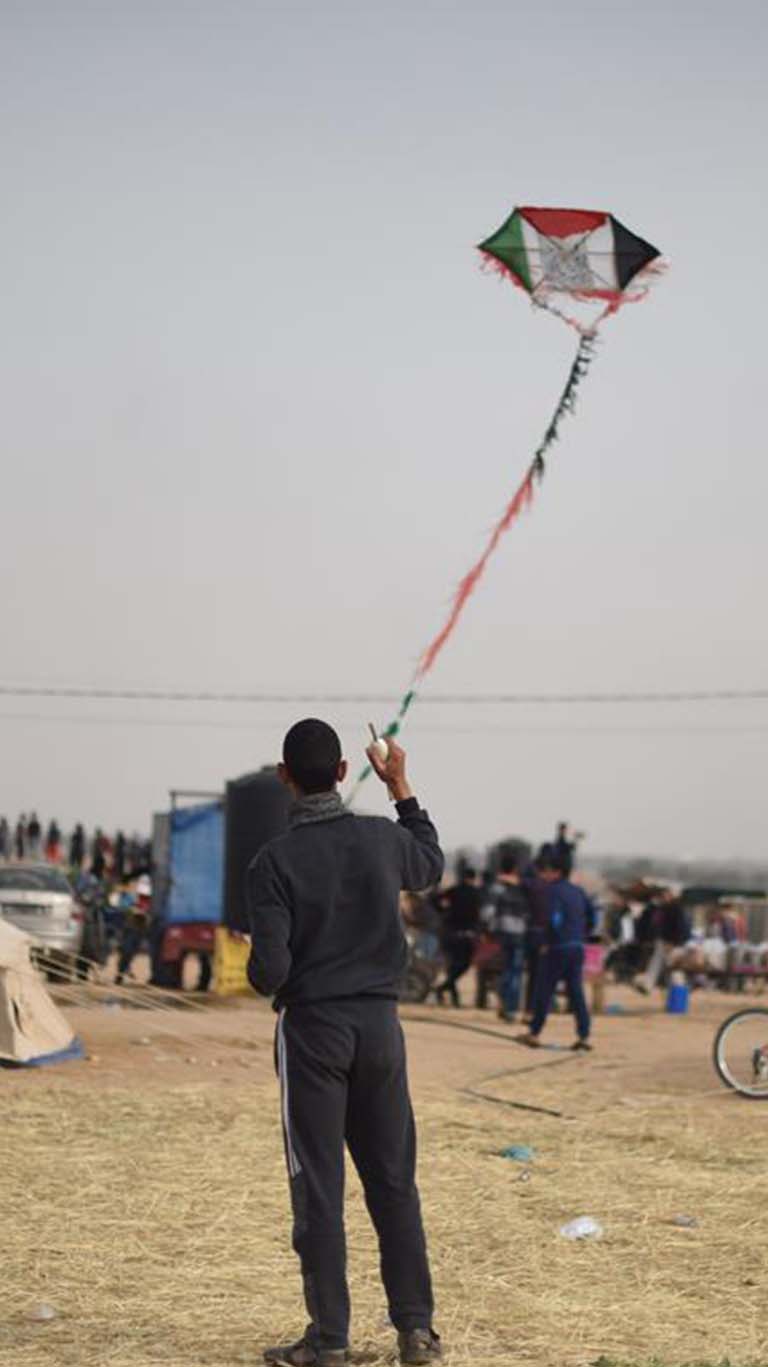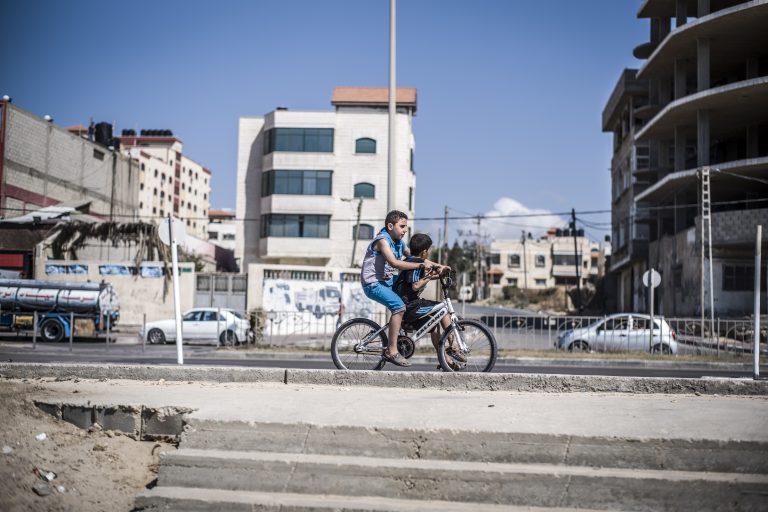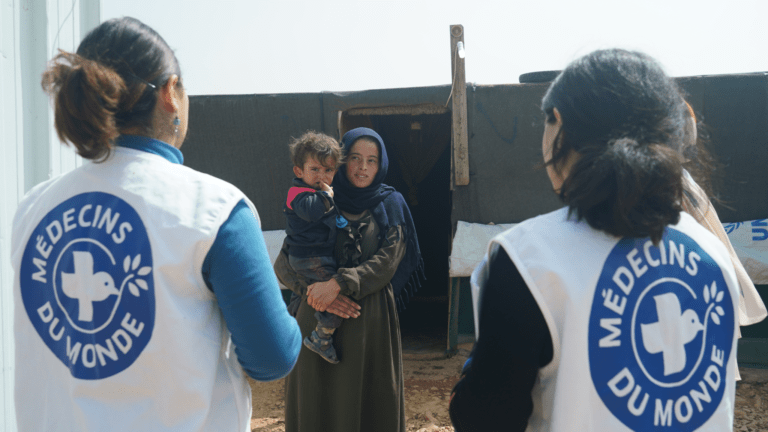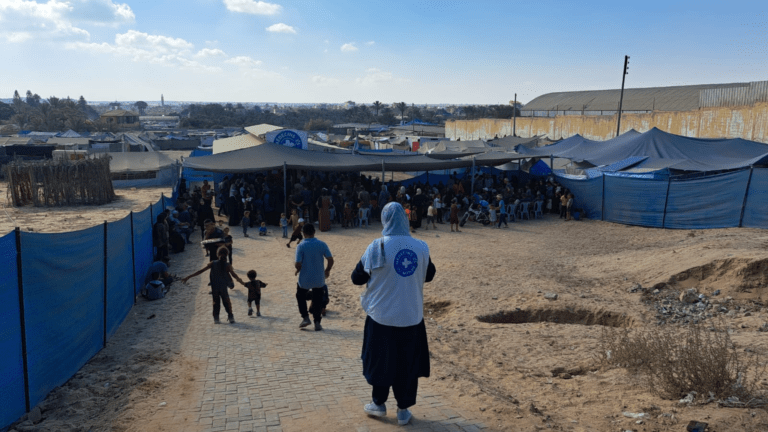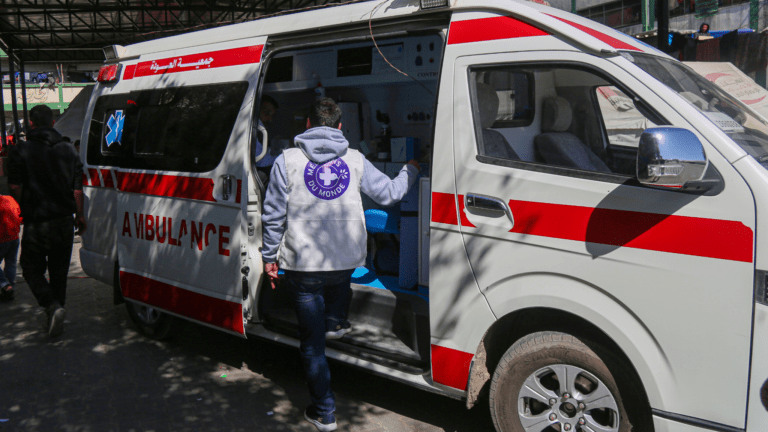The Gaza Strip is one of the most densely populated areas in the world. There are 1.9 million people living there, including 1.3 million refugees, 70% of whom live in the 8 refugee camps.
Since 2007, an already complex situation has worsened, with the land, air and sea blockades imposed by Israel, the repeated military operations up to 2014 and the disproportionate repression of the Great March of Return in 2018.
The poverty rate among the people of the Gaza Strip has reached 53%, with around a third of the population living in extreme poverty. The shortage of medicines, supplies and equipment is an ongoing problem and reached record levels in 2019 when up to 50% of essential medicines were unavailable.
There is also a deplorable lack of properly equipped health centres, emergency units and ambulances. These alarming figures leave no room for doubt about the need for medical assistance in Palestine.
In 2021, six Palestinian NGOs were declared terrorist organisations by the Israeli government. This announcement has had a negative impact on the partnerships between these organisations and international NGOS and the donor community, restricting the services they provide to the Palestinian population. International NGOs, including Médecins du Monde, see this terrorist designation as part of Israeli government practice aimed at reducing the humanitarian space.











